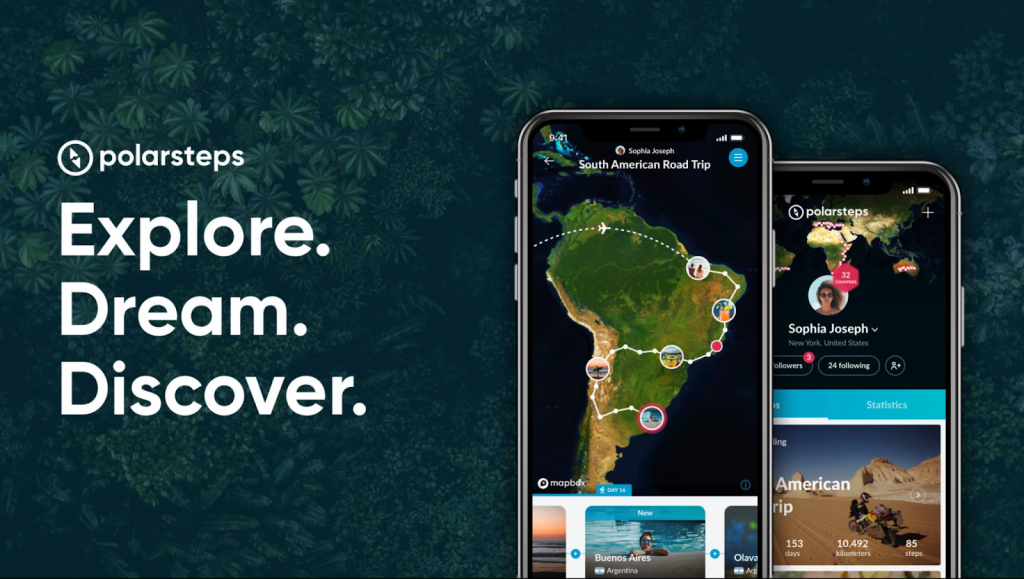Anyone who works with internet marketing has heard all about cookies. When it comes to web development and internet sites, a cookie is simply a small text file that may contain data that reflects a personal preference or information unique to the user, Another valid label is ‘tracking cookie’ and these little flies have become controversial over the last decade as users start to take their own online privacy more seriously. Some browsers, such as Safari and Firefox, turn off tracking cookies by default and extend control to users to ‘opt-in’ for cookie tracking. That’s great for those platforms but the world’s most popular browser, Chrome, faces a conundrum when it comes to cookies. Google was planning to join other browsers in defaulting to no tracking but the company recently did an about-face on that mandate and will leave trackers on, giving users the choice to ‘opt-out’. This is good news for internet marketers and especially good news for the travel marketing industry.

Travel is Data Driven Business
Travel is one of those industries that saw revolutionary changes as online shopping became more mainstream. The mass adoption of mobile devices further pushed travel research and purchasing online. A recent Trends Global Survey suggested that 80% of travelers felt it was important to be able research and purchase travel entirely online. Another important factor to note is that the travel business is a preference and trends based business and can be impacted by changes in consumer wants and behaviors. Being a hyper competitive industry, travel businesses use this data to optimize and elevate marketing initiatives and product offerings to gain advantages in the marketplace. Timing of marketing is critical in what’s become an extremely fast paced industry. Travel businesses utilize cookie technology to collect data, also known as third-party data, on potential client browsing habits and inputs. Collected data is analyzed in real time dn can deliver important insights and preferences when it comes to travel products and services. Cookies can provide resources that can help travel brands present the best possible products to enthusiastic clients at the right time.
Cookies Create Opportunities
Google’s backpedal to defaulting cookies is major win for the travel industry and modern tracking and aggregation technology can offer some specific advantages and opportunities to travel business in fiercely competitive marketplace:
- Identifying stage of research and travel intentions more accurately and optimizing offerings based on ‘touches’ leading up to purchase
- Reducing ad fatigue by tracking frequency of ‘shows’ and optimizing displays to eliminate marketing saturation
- Cookies track action data and reduces reliance on first party collected data, such as emails, surveys, polls and initiated requests.
- Tracking elements can also quickly reveal business strengths and weaknesses in terms of consumer preferences, interest and actual demand
Cookies and tracking technology may have stigma attached to them as online consumers zero in on individual privacy but these tools are essential for travel marketing strategy and travel businesses can gain real advantages through the insights and data they provide.
Cookies Come in Two Flavors
Tracking cookies, by nature, are simple in their purpose and design but highly effective in tracking browsing behavior. As users surf web pages, the server generates small files with some data contained within it, The originating website then embeds it within the browser the individual is using. Tracking cookies come in 2 formats:
- Non-persistent cookie or ‘session cookie’ is a file that remains active while the user is browsing a particular website. The cookie deletes once the user closes the page. This type of cookie is used for identifying browsing behavior, real time click actions and field inputs.
- Persistent cookies remain within the browser indefinitely and can be managed by the user. This format of tracking cookie is ideal for storing user IDs, passwords, site preferences and other data that gets referred to on a regular basis.
Session cookies are the key generators of marking and preference data that is so valuable to travel businesses. Both types of cookies may be subject to regional regulations and must be confirmed to abide by privacy rules and regulations.
Google Helps the Travel Industry
The travel business is driven by preferences and trends, making consumer purchasing and browsing behavior data a critical component of the overall marketing strategy. Internet marketing, however, exists on a fine line between privacy and optimizing marketing efforts. Many browsers have defaulted to turning off tracking ‘cookies’ but the most popular browser has backtracked and will leave tracking cookies on and give users the choice of ‘opting out’. Google’s own advertising business interests, the market share of Chrome as a browser and its sheer dominance in search engines puts it in a precarious position as several legislative bodies push to leave those cookies active. For the travel industry, all marketing data is valuable and Google’s new position on cookies will benefit the marketing side of the business. Data analysis and the latest processing technology will always be essential components in the travel providers’ marketing toolbox.

